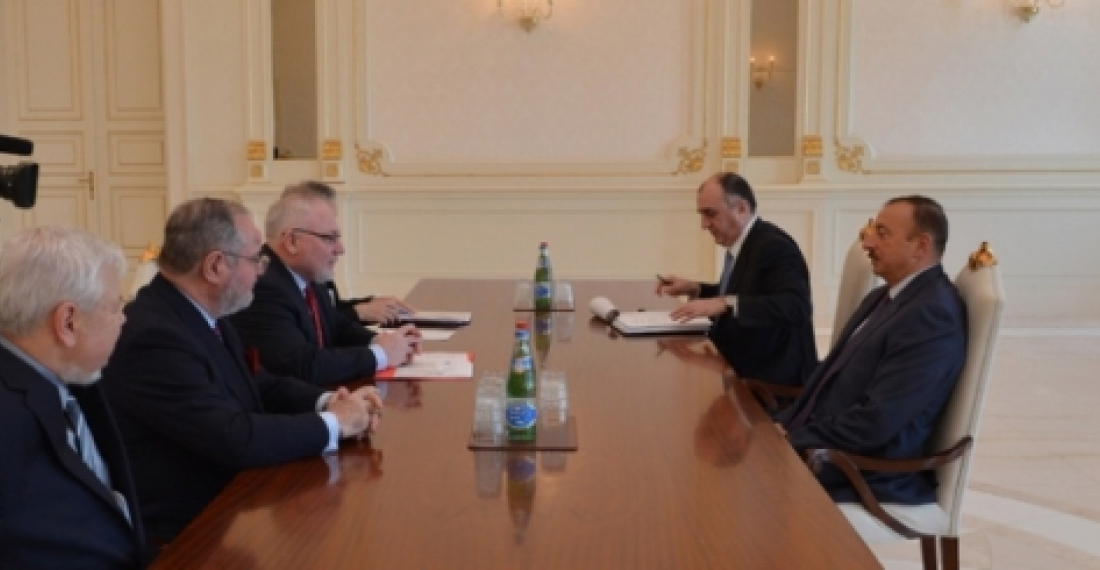It is never right to shoot the messenger. It is easy to put the blame for the failure of the twenty-one year old peace process led by the OSCE Minsk Group co-chair countries (Russia, France and the United States) to deliver a solution to the long-standing Nagorno-Karabakh conflict on the three countries, or even on the diplomats that represent them. That will not be fair. Even if they must share part of the blame, there is no doubt that those responsible for the situation as it is today are closer to home.
Yet it is a fact that the Minsk Process now looks tired and out of steam. Yesterday the diplomats of the three co-chair countries, accompanied by the evergreen representative of the OSCE Chairman, Ambasador Kaspzyk called on President Ilham Aliev in Baku. The diplomats were in Armenia two weeks ago, but the visit to Azerbaijan and the meeting with Aliev had to wait until the end of the Novruz Holidays. The report of the meeting on the website of the Azerbaijani President could not be any blander, simply saying "The sides exchanged views on the current state and prospects for negotiations to resolve the Armenian-Azerbaijani conflict over Nagorno-Karabakh." There has not been any statement by the diplomats themselves.
There used to be a time when the presence of the Minsk Group in the region used to attract a lot of public attention and debate. Indeed past co-chair, such as Ambassadors Kavanagh and Bryza of the US and Ambassador Fassier of France, often used the visits as an opportunity to reach out to public opinion in Armenia and Azerbaijan. For many reasons it seems that those days are over, at least for the moment. "Exchanging views on the prospects for negotiations" is not something that is going to get public opinion excited. Peace it seems, has to wait, whilst other options are considered and tried.
source: commonspace.eu
photo: President Ilham Aliev with the co-chairs of the OSCE Minsk Group Igor Popov (Russia), Ian Kelly (USA), Jacques Faure (France), as well as the special representative of the OSCE chairman-in-office, Andrzej Kaspzyk a their meeting in Baku on 2 April 2013.(picture copurtesy of the Press Office of the president of Azerbaijan).







